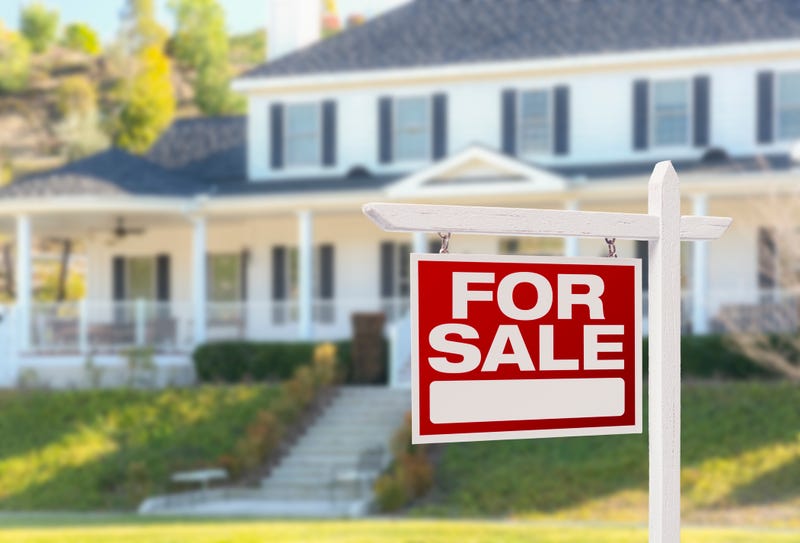
Housing prices have been on the rise since the start of the COVID-19 pandemic – so much so that there are concerns that the U.S. is tipping into a housing bubble similar to one that preceded the Great Recession.
According to the Federal Reserve Bank of Dallas, there is “no expectation” that the current housing market could lead to a financial disaster as great as the recession. However, there are some reasons to worry.
“Our evidence points to abnormal U.S. housing market behavior for the first time since the boom of the early 2000s,” said the reserve bank. “Reasons for concern are clear in certain economic indicators – the price-to-rent ratio, in particular, and the price-to-income ratio – which show signs that 2021 house prices appear increasingly out of step with fundamentals.”
What was the housing bubble?
Leading up to a housing bubble that formed by 2006 and 2007, high-risk mortgages became available from lenders who repackaged mortgages into pools that were sold to investors, according to Federal Reserve History. With these risky mortgages available, more first-time homebuyers were able to get houses and home ownership increased.
As home buying rose, so did house prices. By the mid-2000s, the U.S. had entered the housing bubble.
This type of economic bubble describes “a surge in prices for a particular asset, one that isn’t supported by the fundamental economic laws of supply and demand,” according to Northeastern University.
“Instances of mortgage fraud also increased during the bubble,” said the university. “Not only were lenders relaxing their loan underwriting standards to sign more borrowers, some were not providing accurate information on applications, or knowingly deceiving borrowers.”
Home buying trends were not limited to first-time buyers. Average American consumers participated in “house flipping,” or securing cheap loans to purchase dilapidated properties, and selling for a profit after making renovations. This behavior “supercharged spending and billowing debt, all of it fueled by the belief that real estate prices would continue to rise for the foreseeable future,” said Northeastern.
When the median U.S. home price index recorded its first quarterly decline in more than a decade in 2006, 1.25 million U.S. homeowners fell into foreclosure. The housing bubble led to the subprime mortgage crisis and marked the start of the Great Recession.
Could it happen again?
Sheltering in place due to the pandemic did not slow home buying in 2020, according to the Motley Fool. In fact, millennial buyers took advantage of low interest rates to purchase their first homes and the market boomed.
Home prices rose 15% to a median price of $357,300 in February from last year, CNBC reported. House prices – adjusted for inflation have been steadily rising for the past decade, but accelerated during the pandemic, said the Federal Reserve Bank of Dallas.
“We argue that the underlying causes of the run-up differ from those during the last housing boom, which preceded the 2007–09 Global Financial Crisis,” said the reserve bank. Shifts in disposable income, the cost of credit and access to it, supply disruptions, and rising labor and raw construction materials costs are behind the rise in home prices, it added.
Even so there is a potential for prices to veer into dangerous territory “when there is widespread belief that today’s robust price increases will continue,” said the bank. This can result in potential home buyers experiencing “fear of missing out” or FOMO, and driving up prices.
Danielle Hale, chief economist at Realtor.com, said that prospective home buyers should focus on their personal timeline – rather than trying to time the market or feeling FOMO-related pressure to purchase – when it comes to buying a property.
“My advice when the homes are in short supply, is if you think you’re ready financially and emotionally to commit to being in one place for a long time, that’s when it makes sense to buy a home,” she said. “And if you’re ready, and you start shopping, you should buy when you find a home that works for you, meets your needs, and fits your budget.”
LISTEN on the Audacy App
Sign up and follow Audacy
Facebook | Twitter | Instagram

